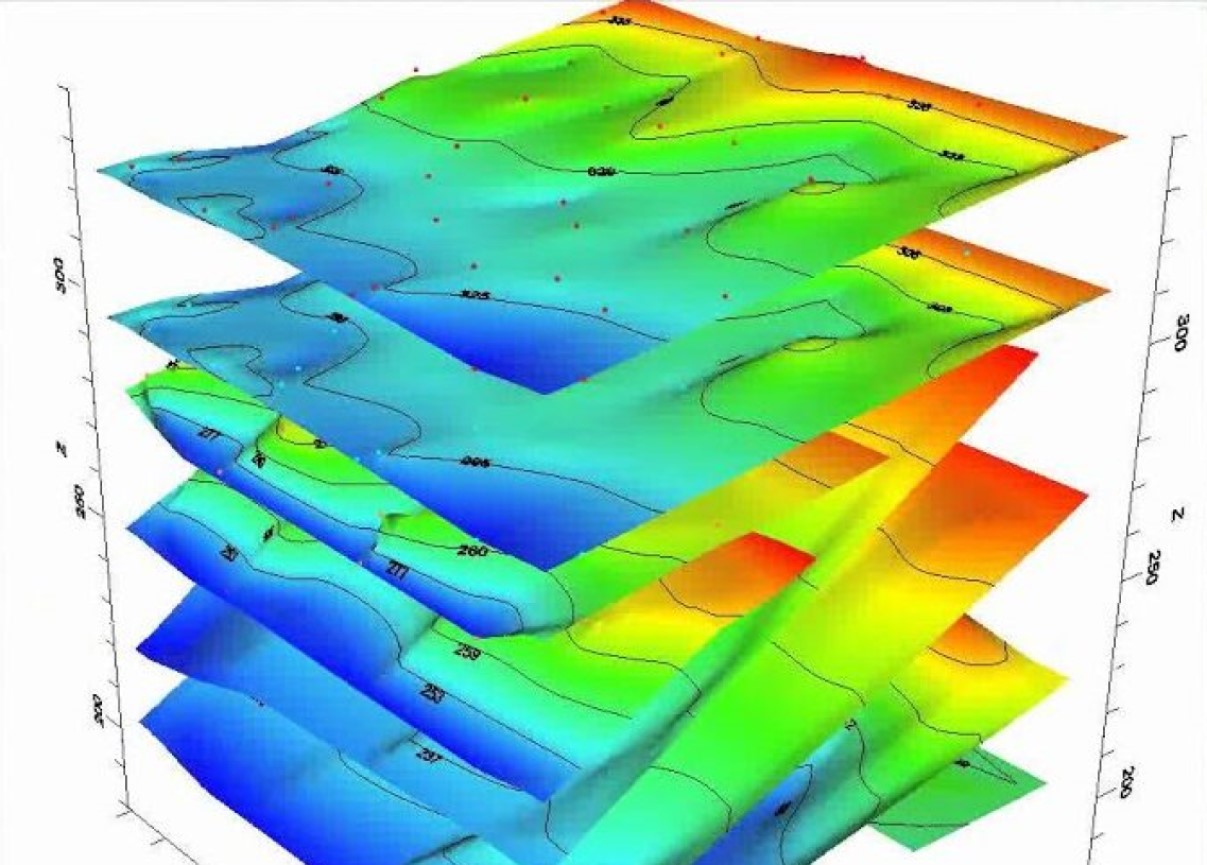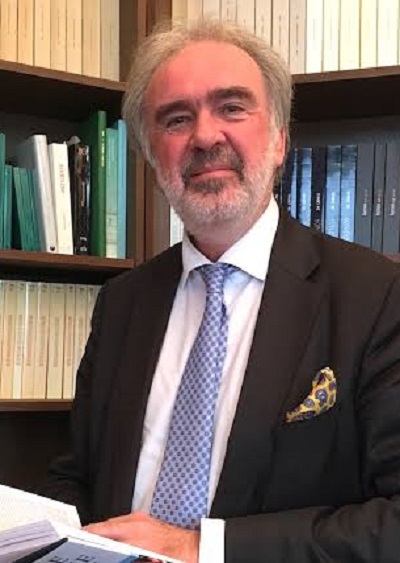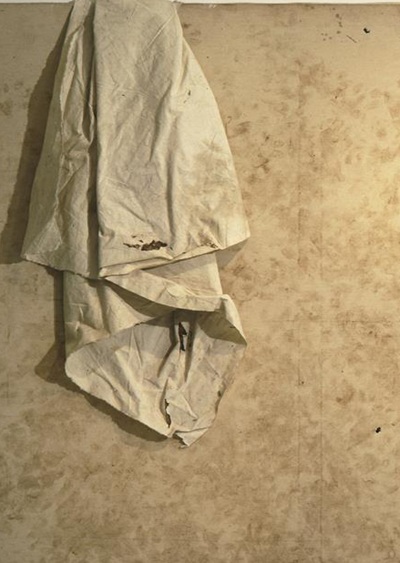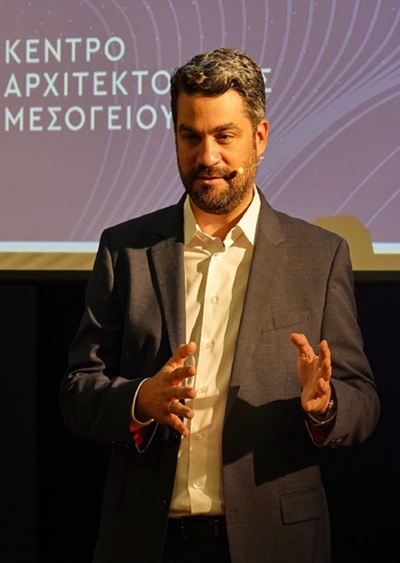
First Prize for a thesis prepared at the
Department of Civil Engineering, Aristotle University of Thessaloniki
The first prize in the international competition “RMEIM StudentPrize 2022” was awarded to the thesis of Marios Karambasis, now a graduate of the Department of Civil Engineering of the Faculty of Engineering of the Aristotle University of Thessaloniki, Greece. The competition, on the topic of sustainable development, was organised by the international organisation “RMEIM – MediterraneanNetwork of Engineering and ManagementSchools”, which includes members from 59 schools from 15 Mediterranean countries, such as Spain, France, Italy, Portugal, Tunisia, Jordan, Libya, Morocco, Egypt, Egypt, Turkey, etc.
Mr. Karambasis was awarded for his thesis, entitled “Pollution Source Detection and Optimization of Observation Network in an Aquifer by Machine Learning and Modflow”, supervised by the Academic Fellow and Researcher of the Department of Civil Engineering of the Aristotle University of Thessaloniki, Yannis N. Kontos. The members of the three-member committee for the supervision of the thesis were Professors of the Department of Civil Engineering of the Aristotle University of Thessaloniki, Konstantinos Katsifarakis and Zisis Mallios. The thesis was presented in July 2021.
On the occasion of the student’s international distinction, the Rector of the Aristotle University of Thessaloniki, Professor Nikolaos G. Zisimos K. “Our students with their innovative ideas, their continuous efforts and with all the resources they get from AUTH, are winning high positions in international competitions and show us that the future belongs to them.”
Monitoring groundwater quality with Artificial Intelligence
Mr Karambasis’ work is directly related to sustainable development, as it addresses the key issue of monitoring groundwater quality. In the first instance, he provided a solution to a theoretical problem of finding the source of pollution of an aquifer if there is a given system of observation wells that provide groundwater quality measurements at regular intervals.
In a second phase, it provided a solution to the related issue of optimizing the observation network for a given area with potential sources of point source pollution, such as an industrial area. That is, it answered the question: how many observation wells should be constructed, in which locations, and every time measurements should be taken, so that the proposed algorithm always finds accurately who the polluter is in case of groundwater pollution detection.
The novelty of Mr. Karabasis’ research lies in the sophisticated AI methods he used. He combined well-established existing versions of hydraulic simulation software (Modflow), which he tested with computer code (flopy), with Machine Learning methods. In detail, he transformed the problem into a Computer Vision problem and used Convolutional Neural Networks to optimize the groundwater quality observation network and train the algorithm to detect the pollution source.
This method, in essence, is similar to the one that recognises objects and faces in photographs and trains autonomous, driverless vehicles.
Mr. Karabasis presented his work at the General Assembly of the RMEIM Network, 17-19 March 2022.
The paper is available at the link:
More information about the international competition “RMEIM StudentPrize 2022” at the link:https://rmei.info







Leave A Comment